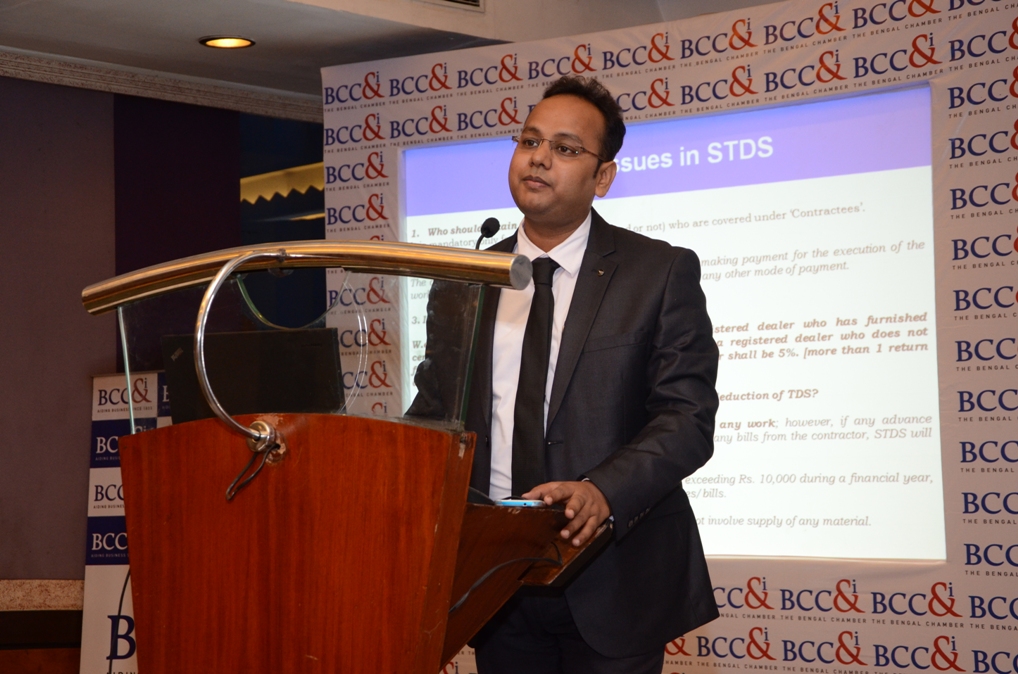“Courts may relax laches for delays based on professional advice, ensuring justice prevails over technicalities. A nuanced approach to rights and remedies.”
The Doctrine of Laches emanates from the principle that the Courts will not help people who sleep over their rights and helps only those who are aware and vigilant about their rights. A party is said to be guilty of laches when they come to the Court to assert their rights after a considerable delay in that respect.
In Trilok Chand Motichand v. H.B. Munshi, the main question before the Court was whether there is any period of limitation prescribed within which the remedy under Article 32 is to be invoked. The petition, in this case, was filed after a delay of 10 years; the plea was dismissed for delay. The judges who comprised the bench in this case however differed with respect to the time period after which laches should apply. One opined that three years will be the proper yardstick for measuring a reasonable time for preferring a writ petition. One put it as one year. One Justice suggested that the law on limitation has no application on the proceedings that take place under Article 32 and as such the Court cannot refuse a petition based on delay. However, Chief Justice Hidayatullah felt that no hard and fast rule should be adopted. He stated that the issue should be dealt with by the Court on a case to case basis. The whole issue is dependent on what the breach of a fundamental right is, what the remedy is and why did the delay in question arise in the first place.
In the case of SHIKSHA FOUNDATION Vs DCIT CPC, BANGALORE [2023-VIL-191-ITAT-AHM], The question of law framed is that incase the assessee acts on behalf of the professional advice, can he be held guilty for defiance of any provision of law, particularly latches? It was decided that Incase it can be proved that the delay in filing of the appeal was on the advice of a professional, it would be considered that the delay is not attributable on the negligent/casual approach of the assessee. Further incase on merit the assessee has a strong case to succeed, the delay in filing the appeal by the assessee should be condoned and the issue should be decided on merit.
The Supreme Court has observed in numerous decisions, including Ramlal v. Rewa Coalfields Ltd. AIR 1962 SC 361, State of West Bengal v. Administrator, Howrah Municipality AIR 1972 SC 749 and Babutmal Raichand Oswal v. Laxmibai R. Tarte AIR 1975 SC 1297, that the State authorities should not raise technical pleas if the citizens have a lawful right and the lawful right is being denied to them merely on technical grounds. The State authorities cannot adopt the attitude which private litigants might adopt. The authorities under the Act are under an obligation to act in accordance with law. Tax can be collected only as provided under the Act. If an assessee, under a mistake, misconception or on not being properly instructed, is over-assessed, the authorities under the Act are required to assist him and ensure that only legitimate taxes due are collected.
Further, one of the propositions of settled legal position is to ensure that a meritorious case is not thrown out on the ground of limitation. Therefore, it is necessary to examine, at least prima facie, whether the assessee has or has not a case on merits.





